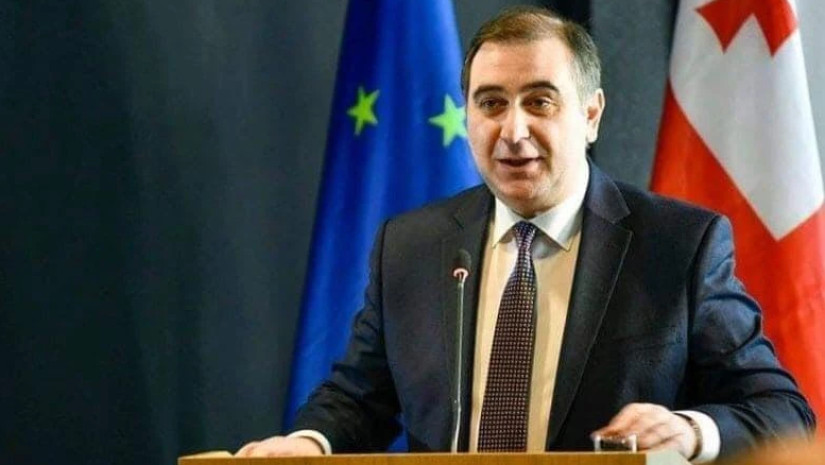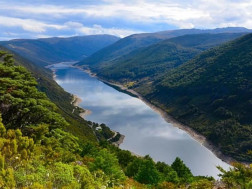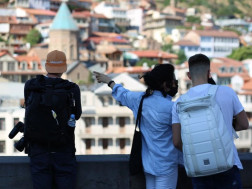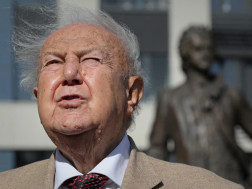The Minister of Education and Science of Georgia, Mikheil Chkhenkeli, during his speech in the legislative body in the minister's hour format, introduced the projects supporting the internationalization of science and the achieved results to the deputies.
As Mikheil Chkhenkeli pointed out, in this direction, a number of effective steps were taken this year, among them, the international agreement of associating Georgia in Horizon Europe, a new framework program for research and innovation of the European Union, is particularly noteworthy.
"In 2021, with the direct involvement of the Prime Minister of Georgia, Mr. Irakli Gharibashvili, Georgia became a member of the European Union's new research and innovation framework program, Horizon Europe. I was honored and at the end of last year, in Brussels, together with the European Commissioner for Innovation, Research, Culture, Education and Youth, Maria Gabriel, I signed the international association agreement of Georgia in the new framework program for research and innovation of the European Union, Horizon Europe. As a result, the representatives of Georgia in Horizon Europe program contests enjoy exactly the same conditions and rights as the representatives of the scientific and innovation fields of the EU countries. Georgian scientists can participate in the competitions announced within the research and innovation program with a budget of 95.5 billion euros,'' the minister said, noting that after the signing of the agreement, several Georgian scientists have already obtained funding from Horizon Europe, which is particularly gratifying.
It is important that in 2021 the national office of Horizon Europe was established in Georgia and opened the way to new opportunities for the scientific and innovation community of Georgia. According to the Minister, the Ministry of Education and Science of Georgia actively continues to work to improve the success rate of Georgian universities and research institutes in the grant competitions of the new EU framework program Horizon Europe. In 2022, there is already a network of university scientific grant offices in state universities, and private universities are also joining the Horizon Europe national network.
During his speech in the parliament, the minister also spoke about the importance of international cooperation in the direction of supporting and strengthening scientific and research institutes in Georgia.
"With the support of the Prime Minister of Georgia, the Government of Georgia actively worked towards Georgia's accession to the COST association. In February 2022, we submitted an appropriate application for Georgia's membership in the association, and as a result, on March 30-31, a meeting of the Supreme Leaders' Committee and the General Assembly was held in Paris, where representatives of COST member states unanimously supported Georgia and Ukraine joining the European cooperation family, and both countries became a full member of COST.
Full membership of COST gives Georgian researchers and innovators the opportunity to fully benefit from COST's diverse networking tools, expand and strengthen international scientific connections, and ensure the international success of their research projects," said Mikheil Chkhenkel.
According to the minister, the regional representative office of the German Academic Exchange Service (DAAD) was established in Tbilisi this year. The DAAD regional office promotes the deepening of scientific ties between the South Caucasus and Germany, which is aimed at the internationalization of higher education institutions in Georgia, Azerbaijan and Armenia. According to him, this is an excellent opportunity for students, doctoral students and researchers to continue their studies in the country of rich academic history.












